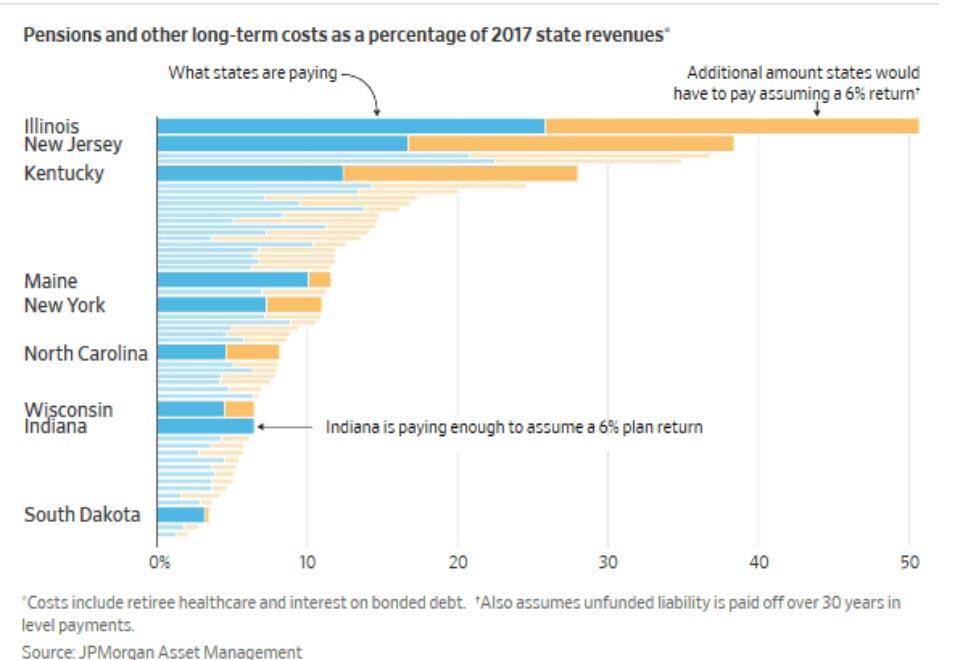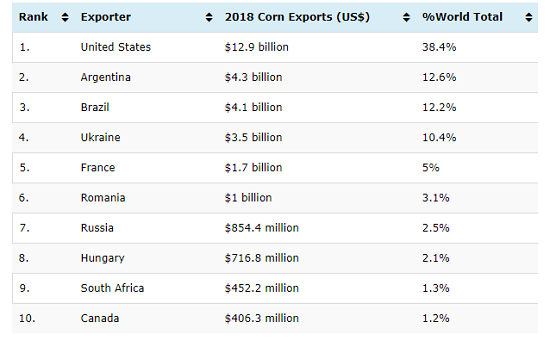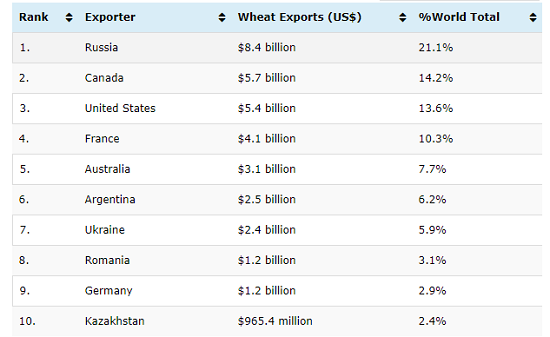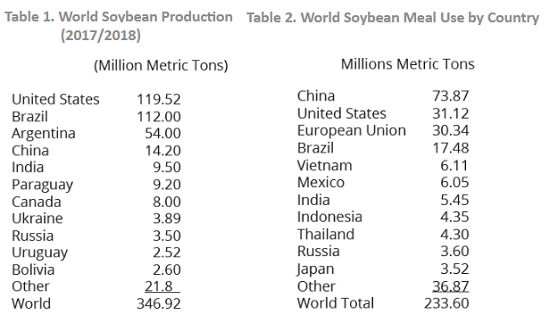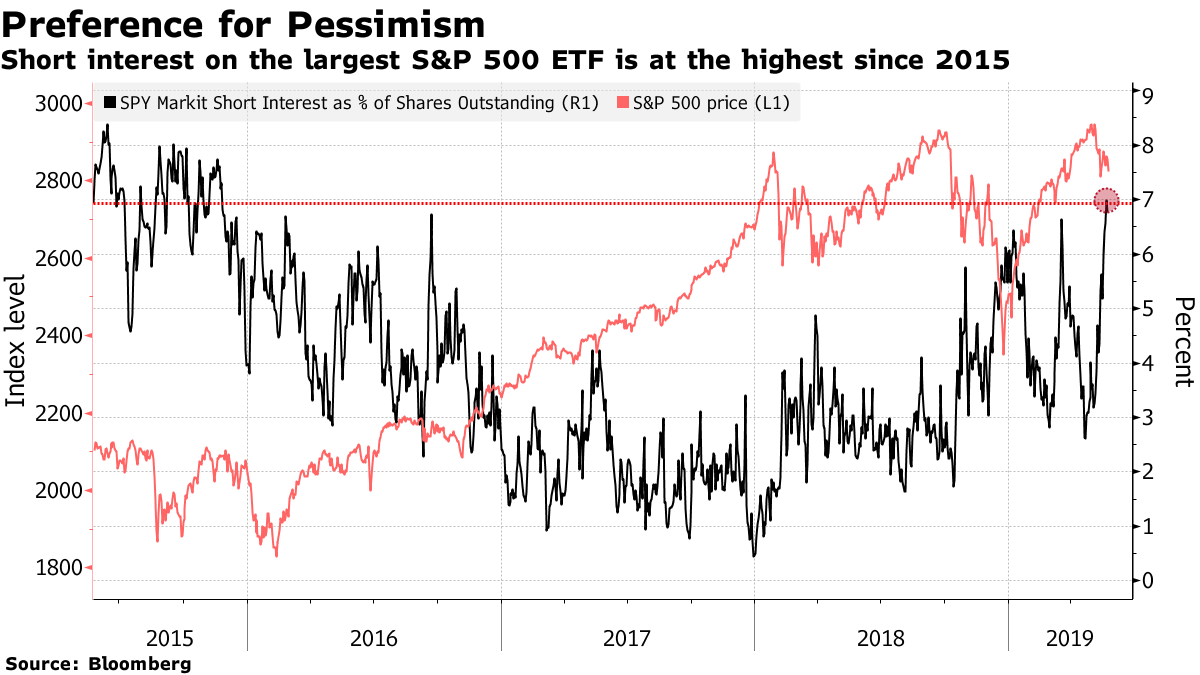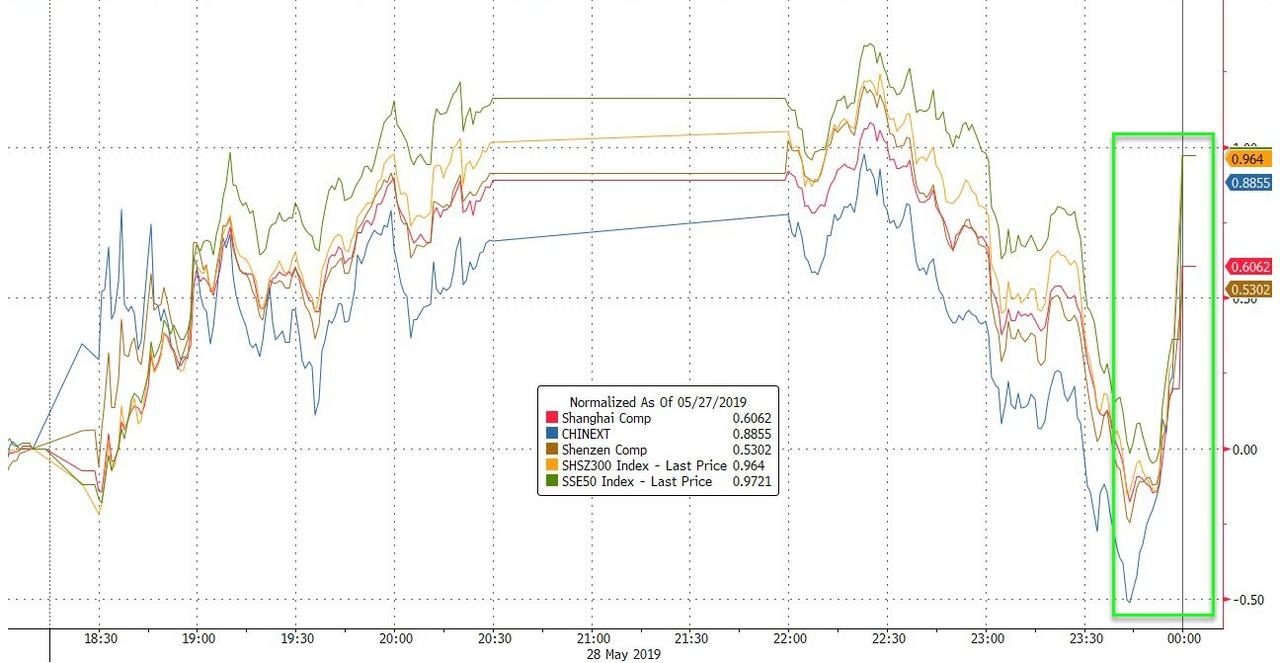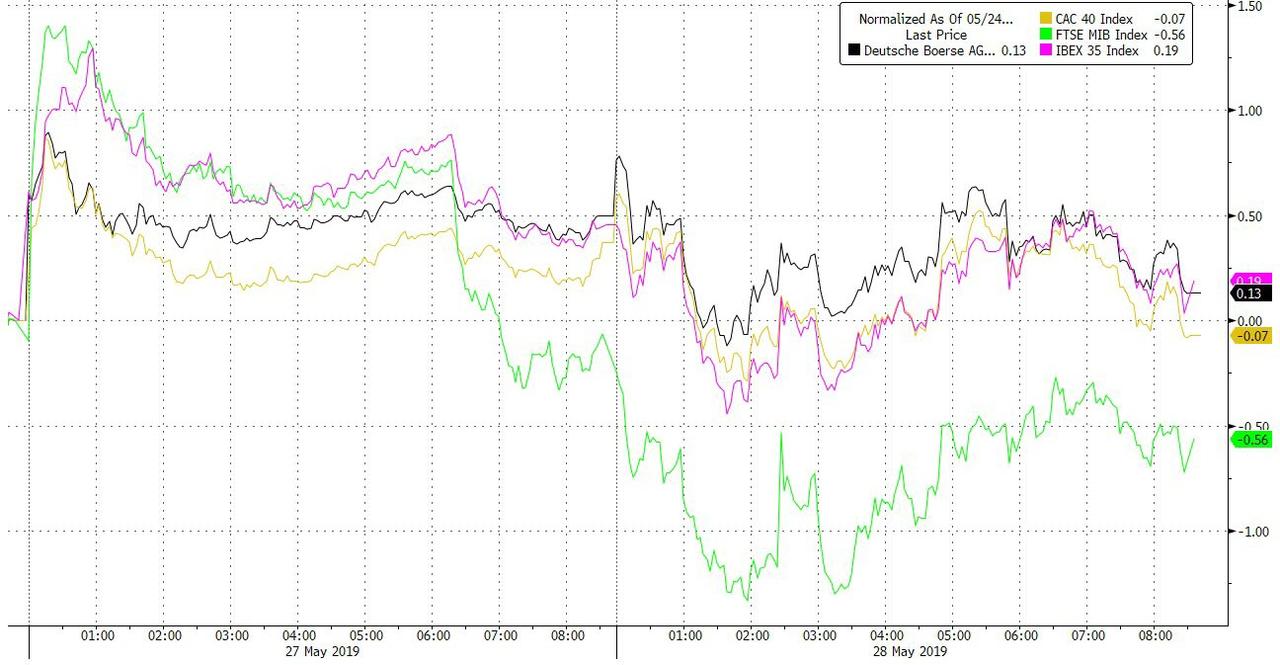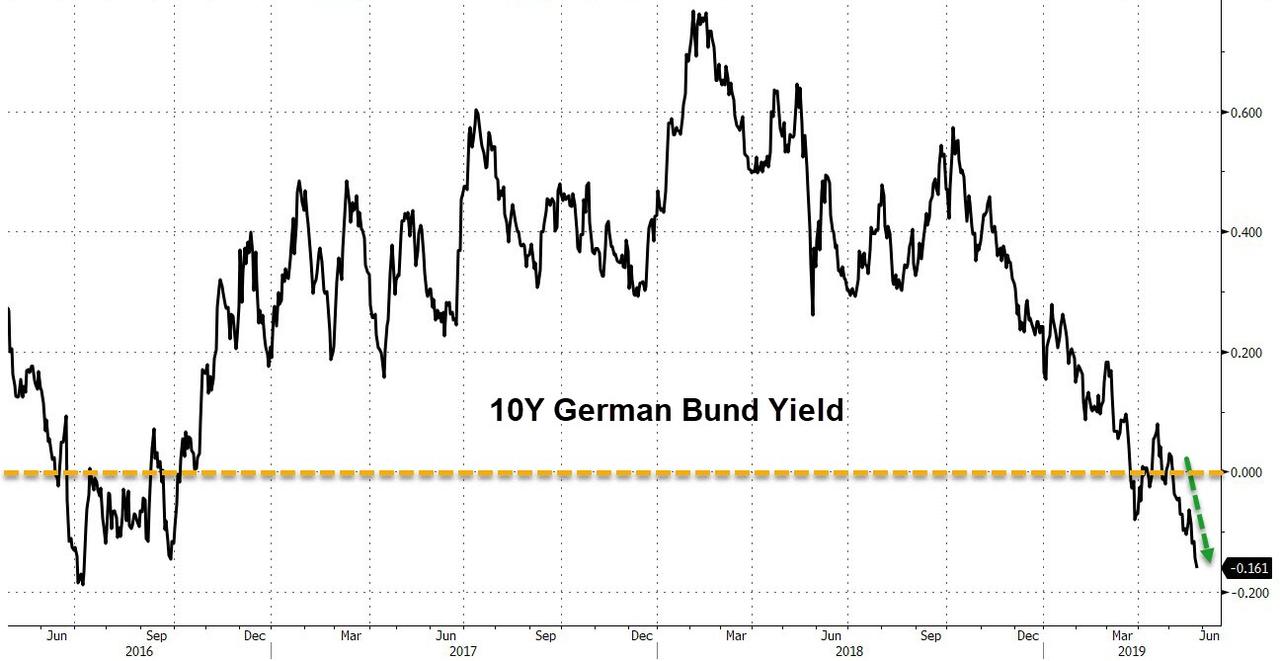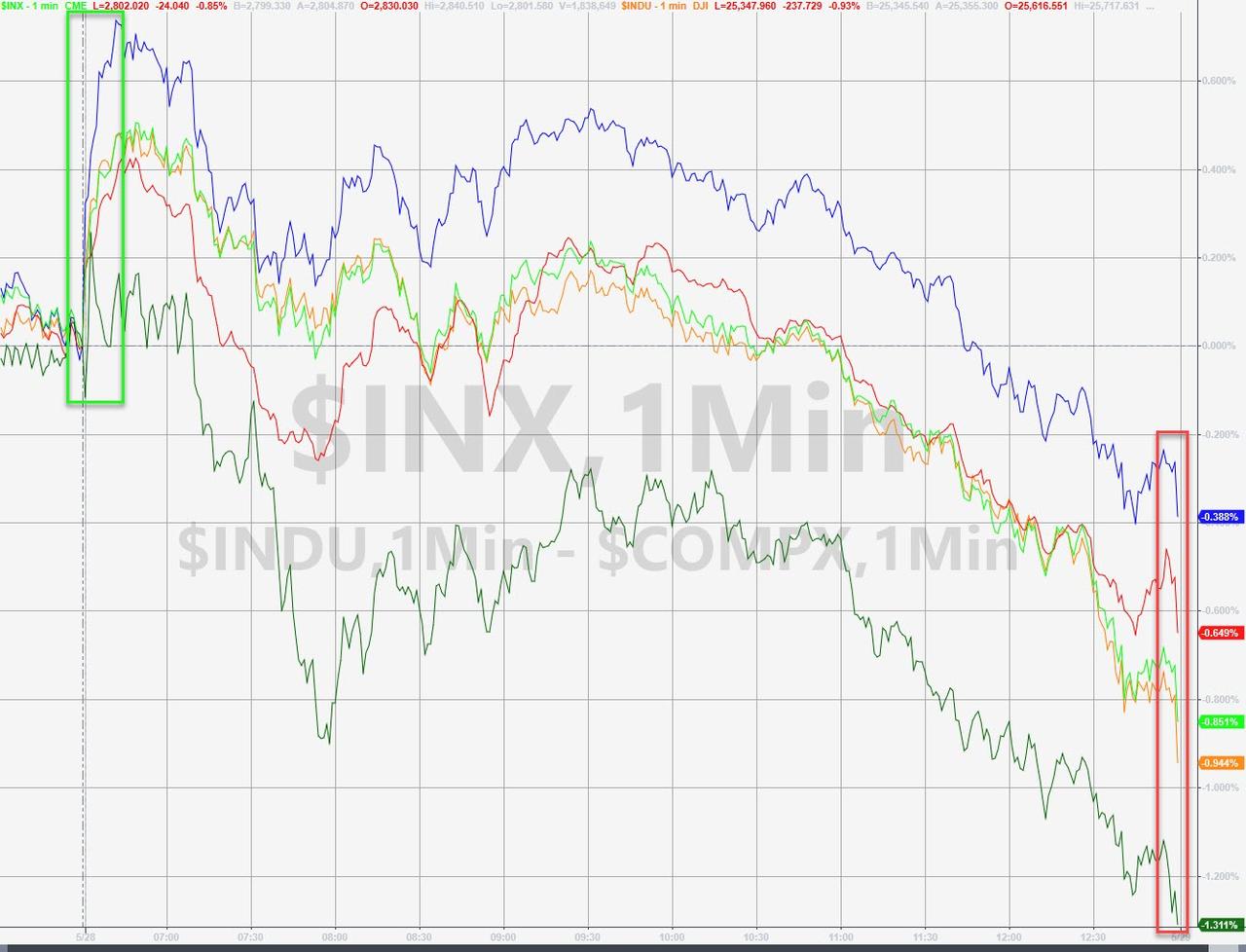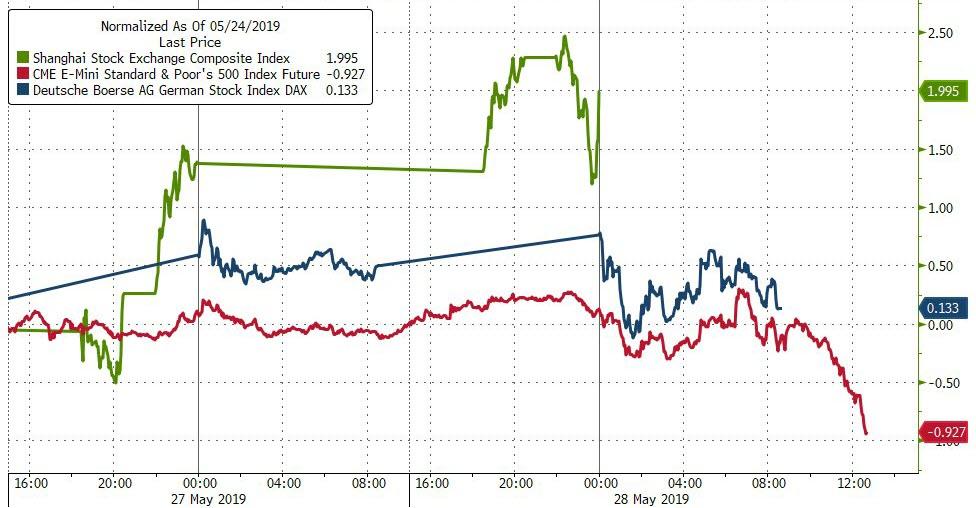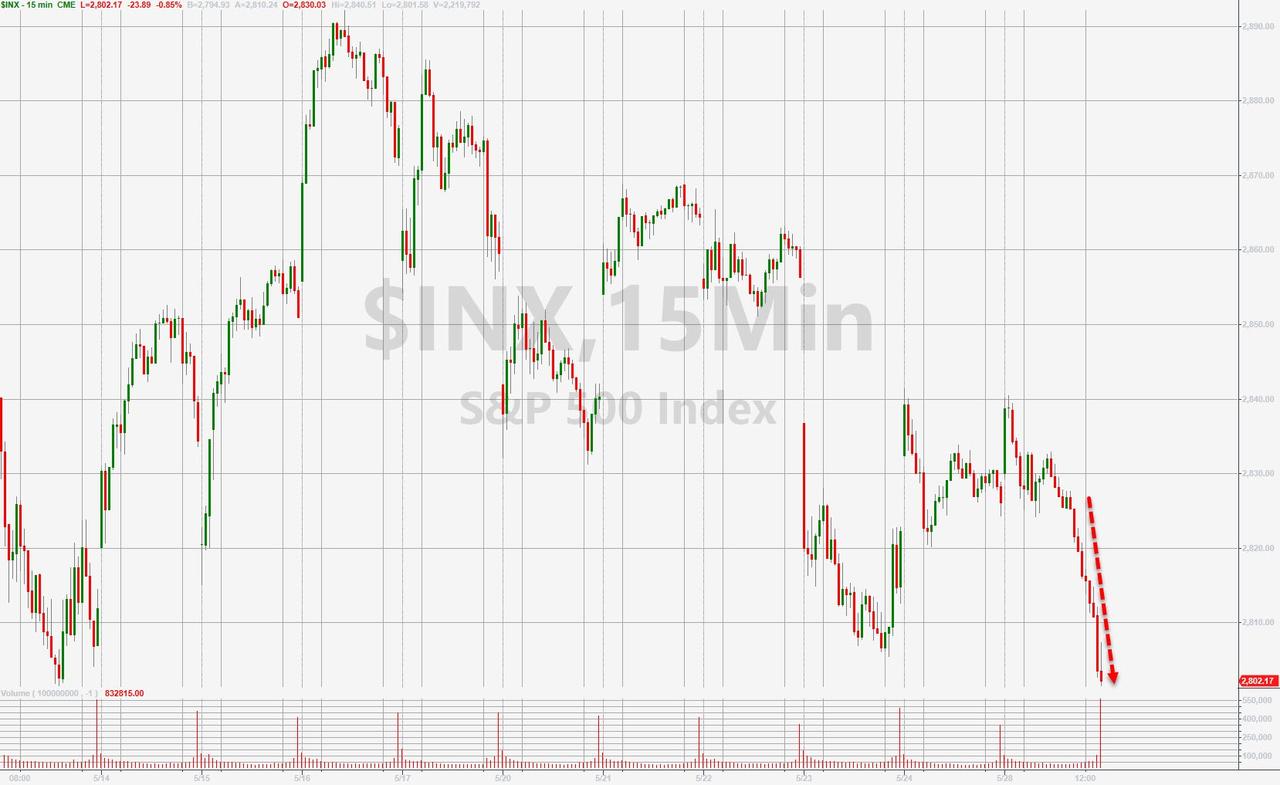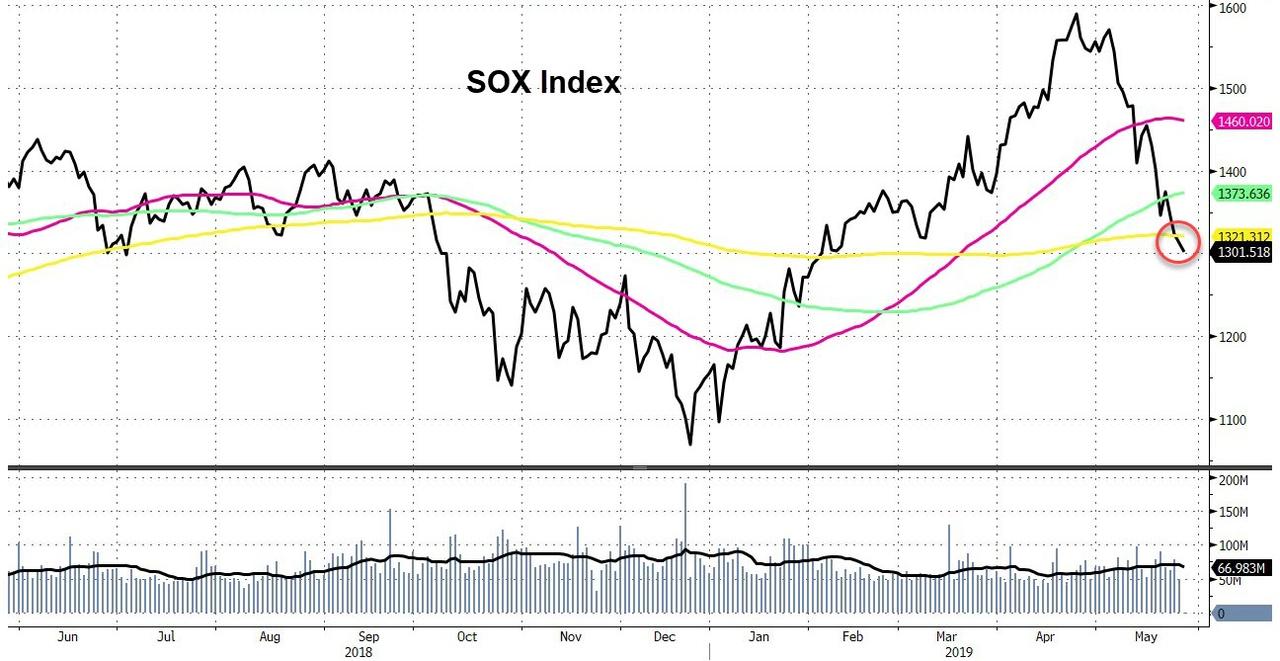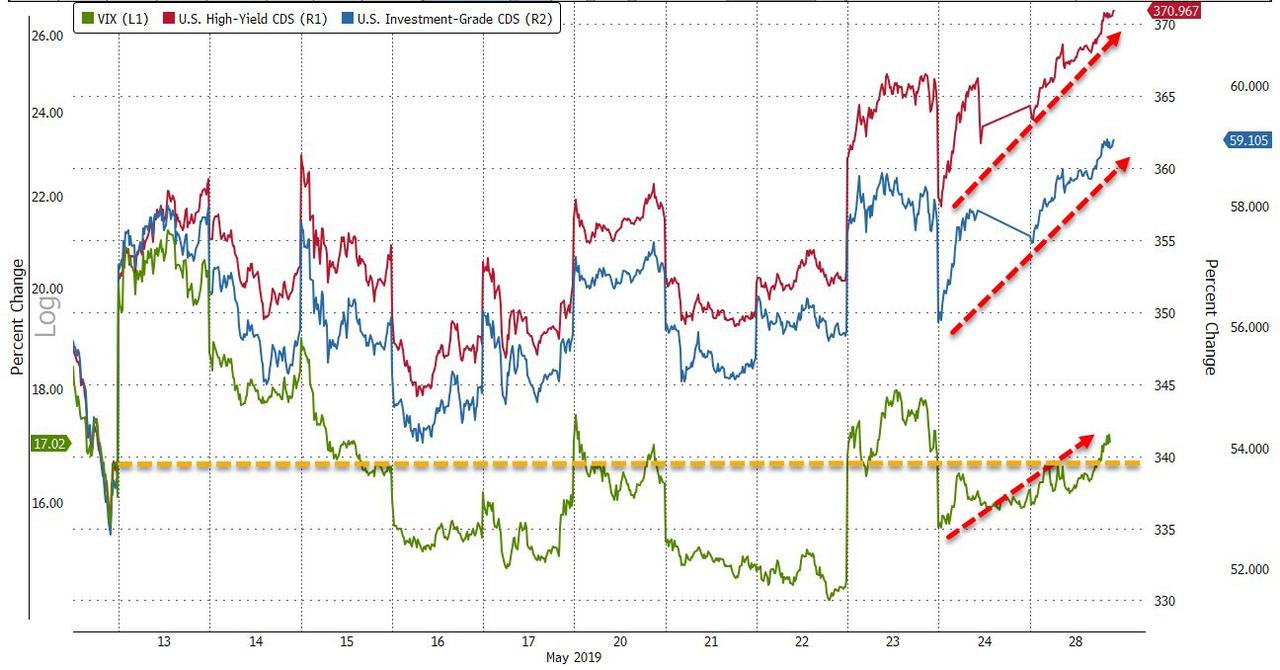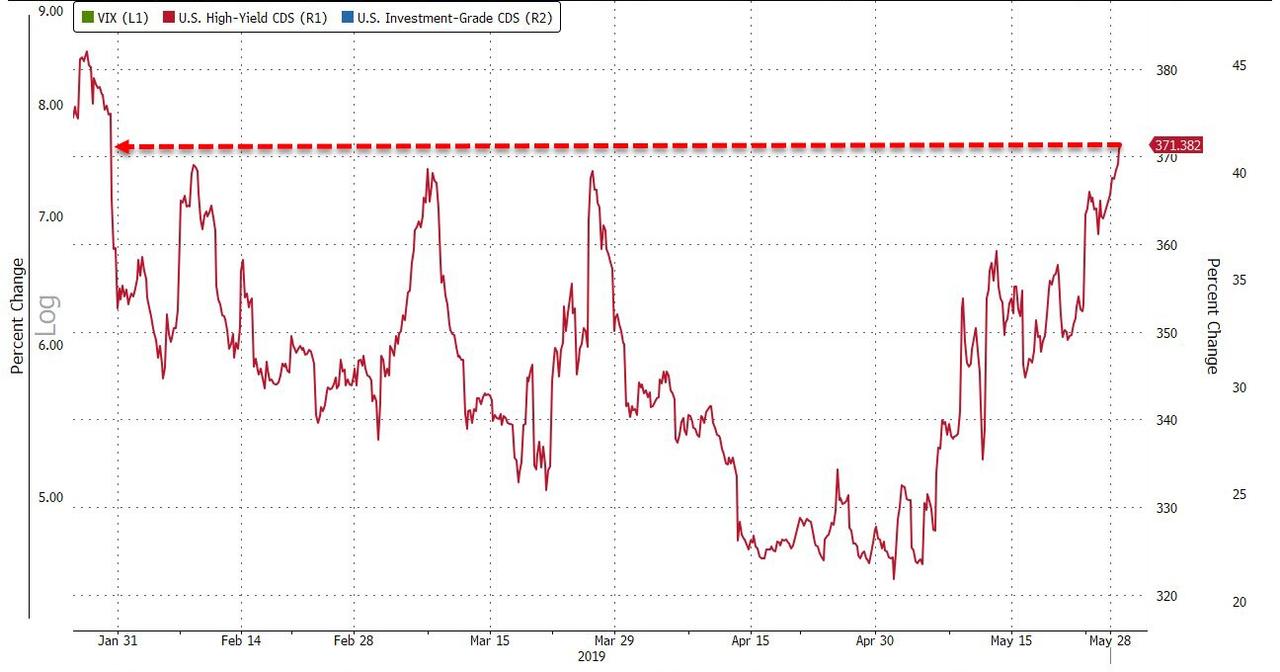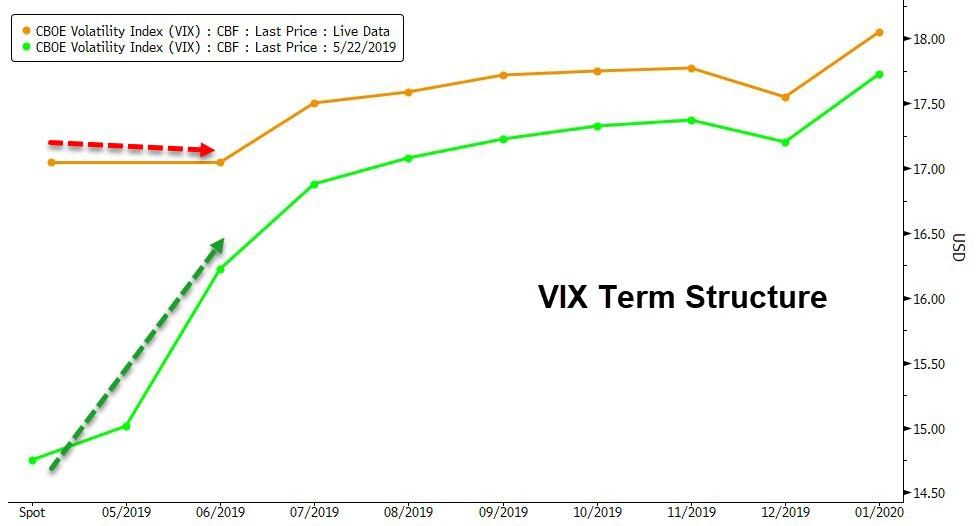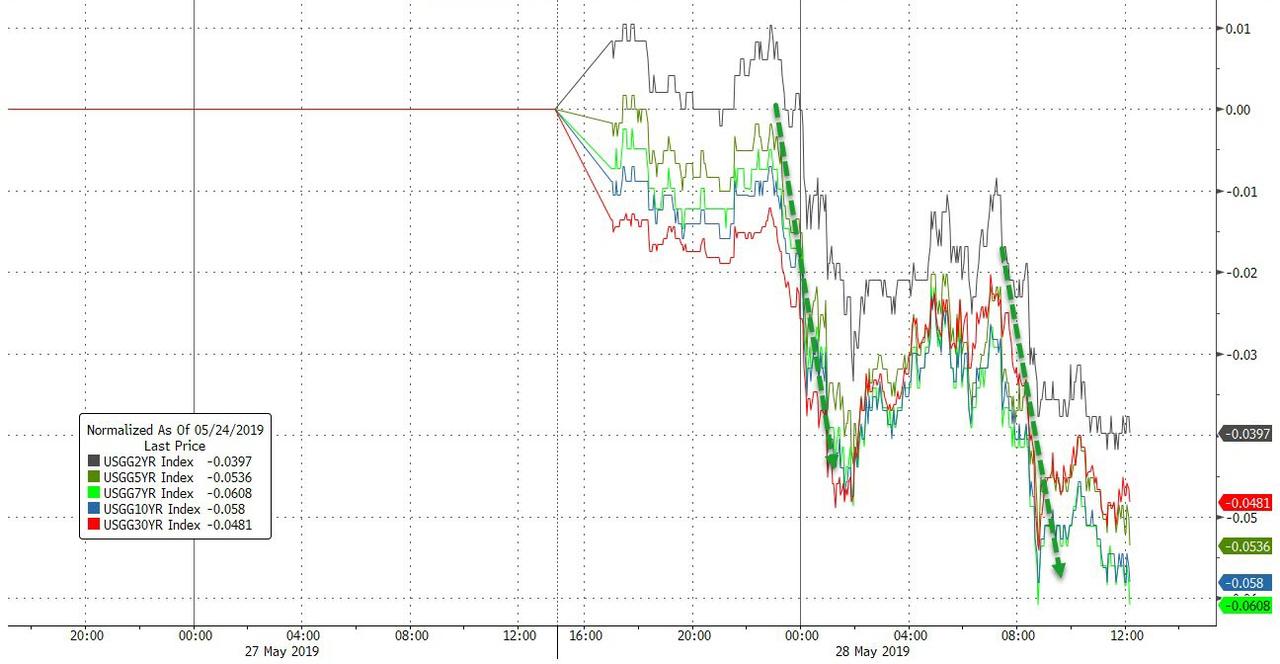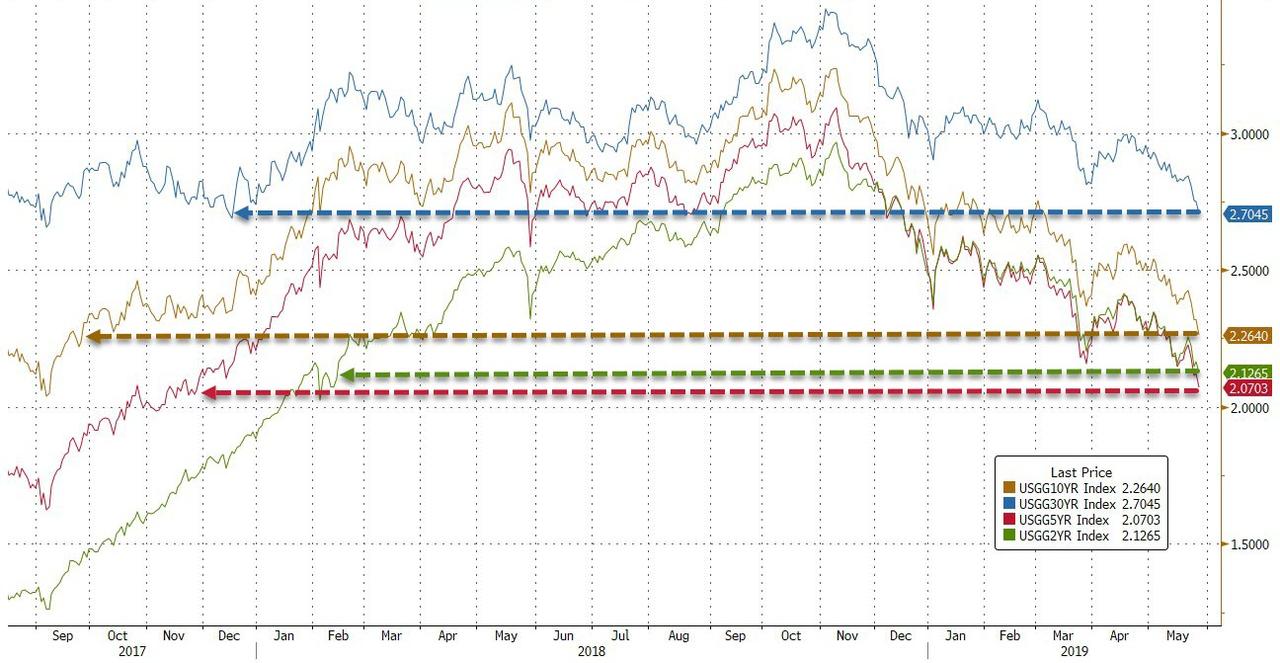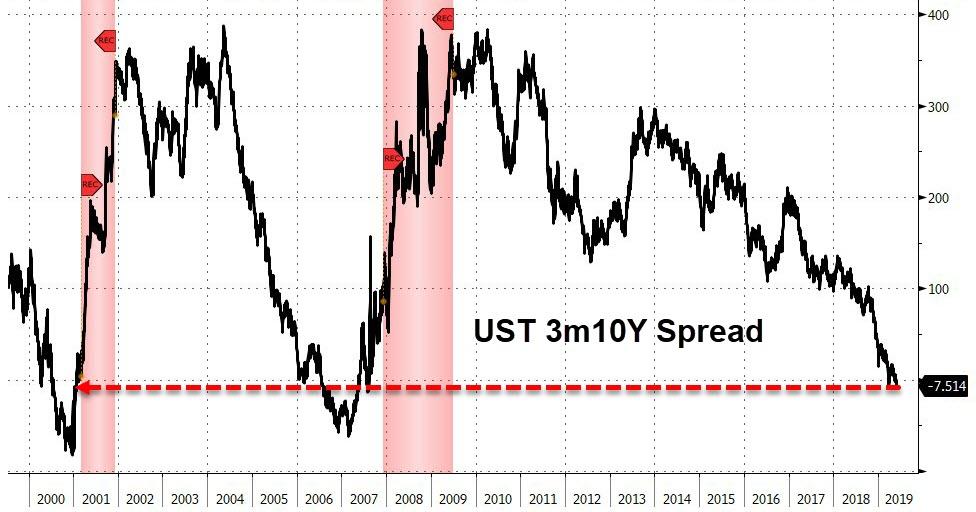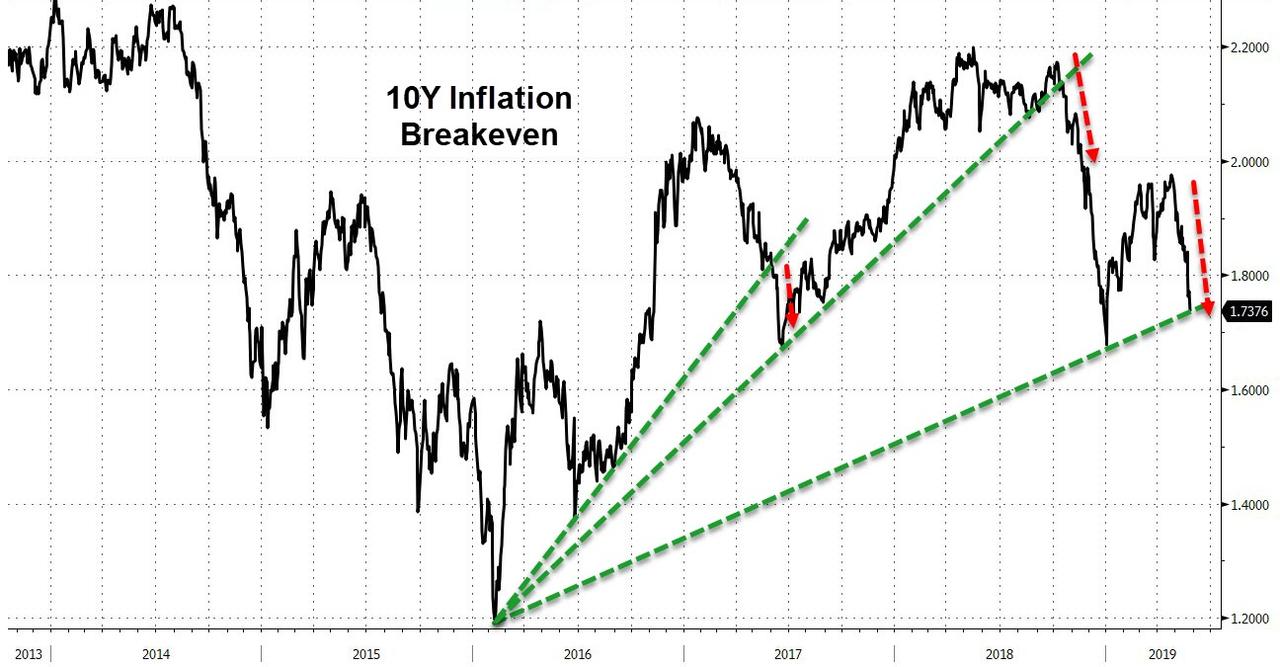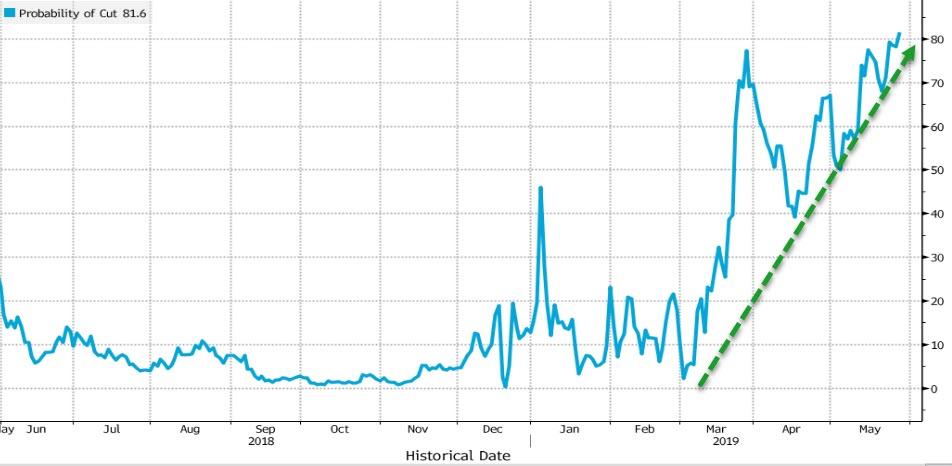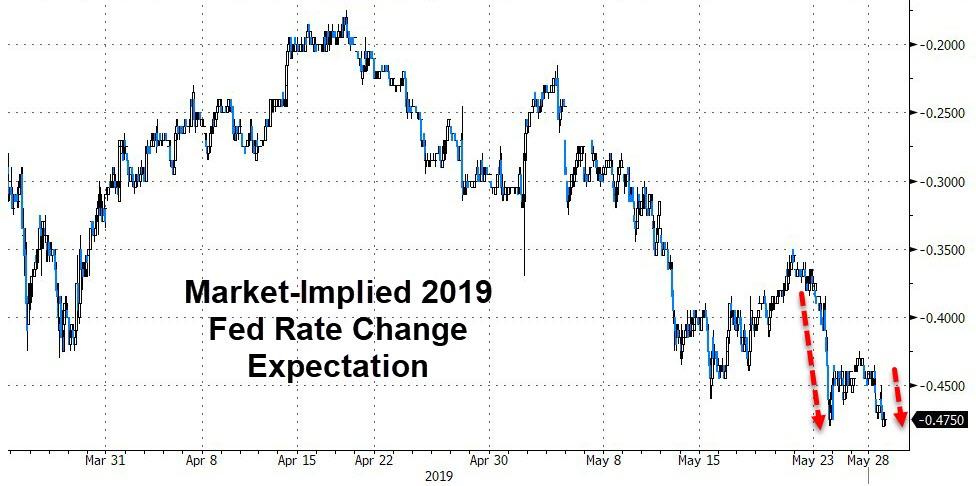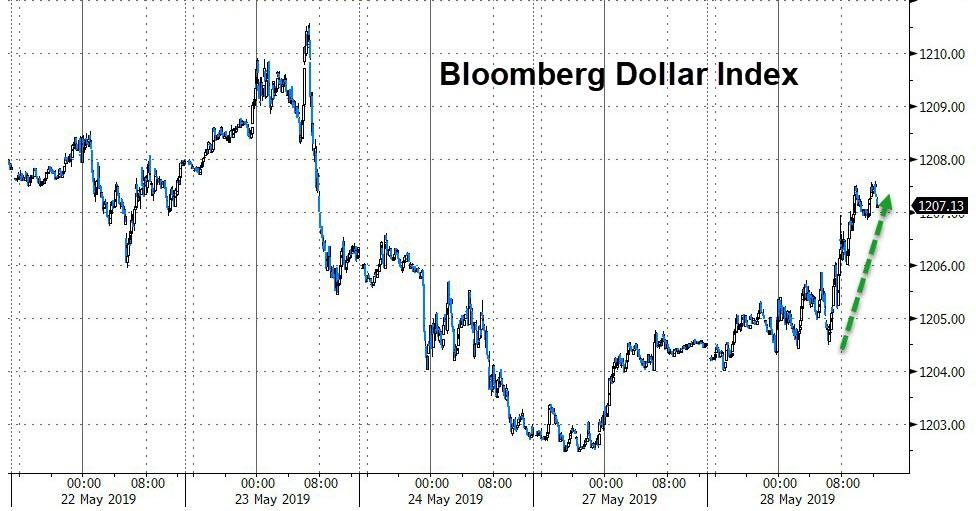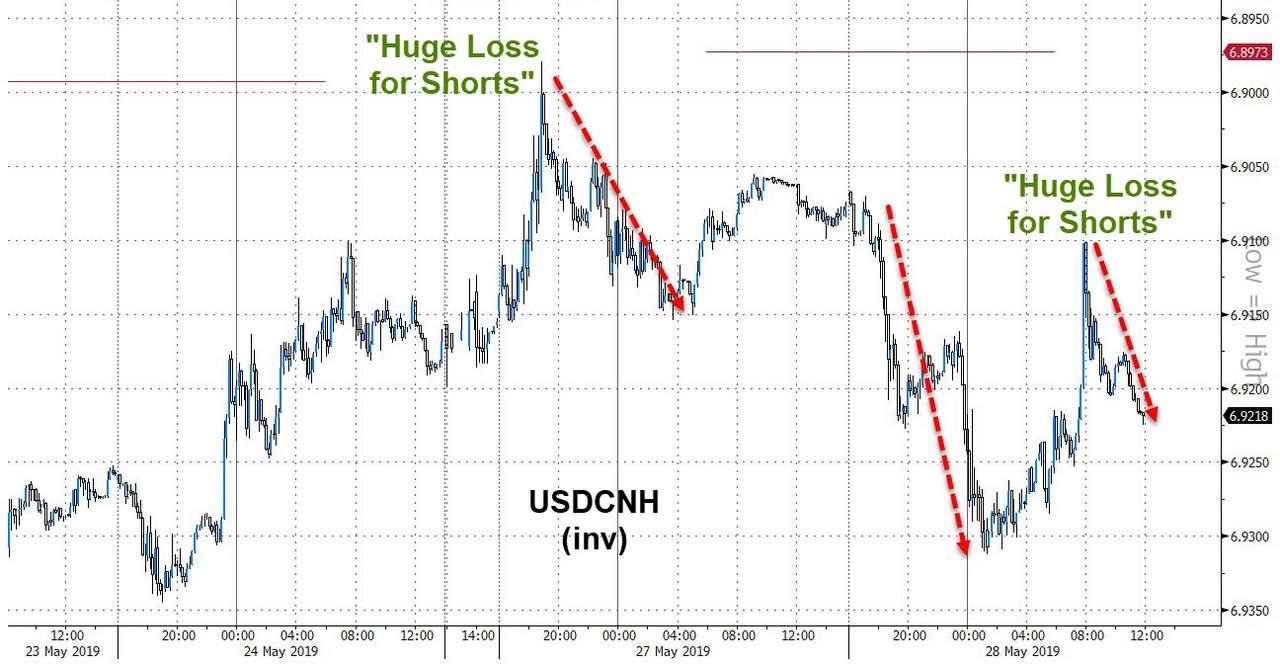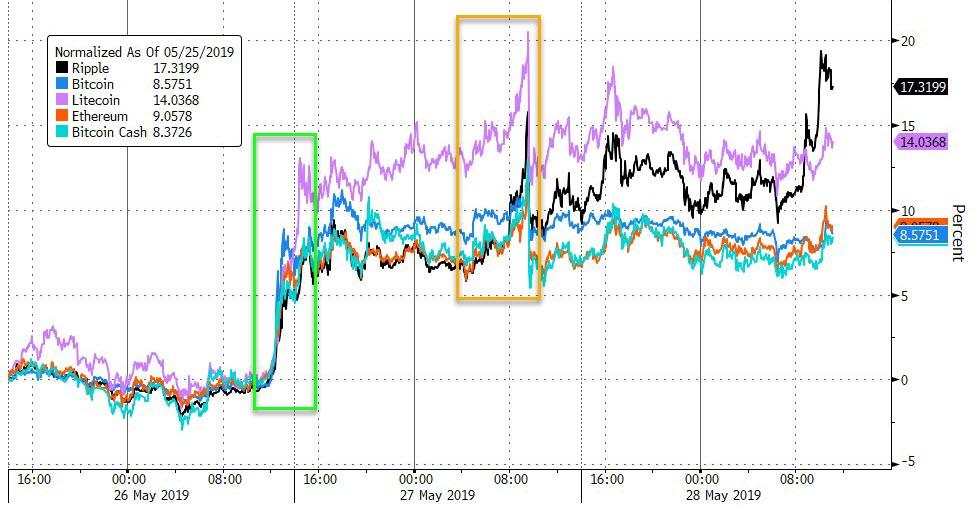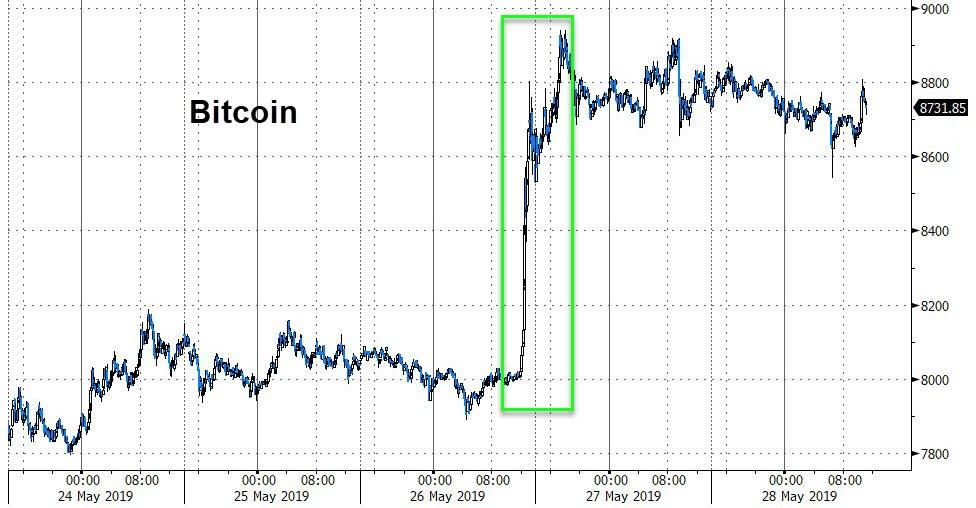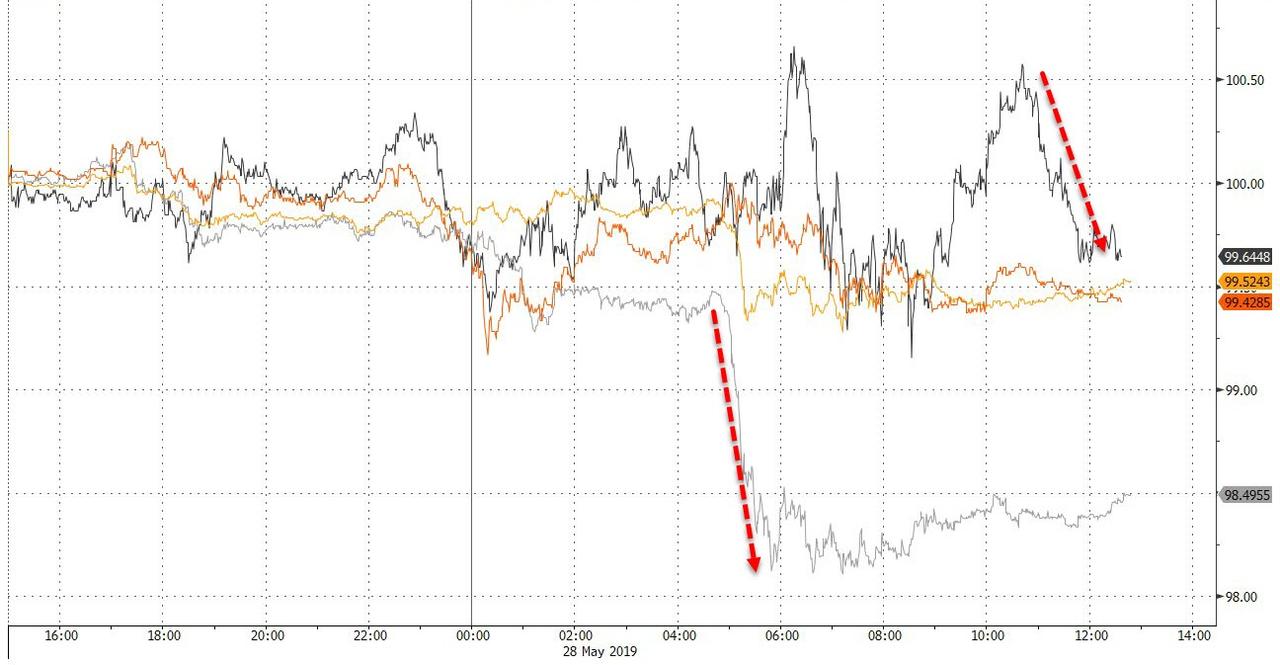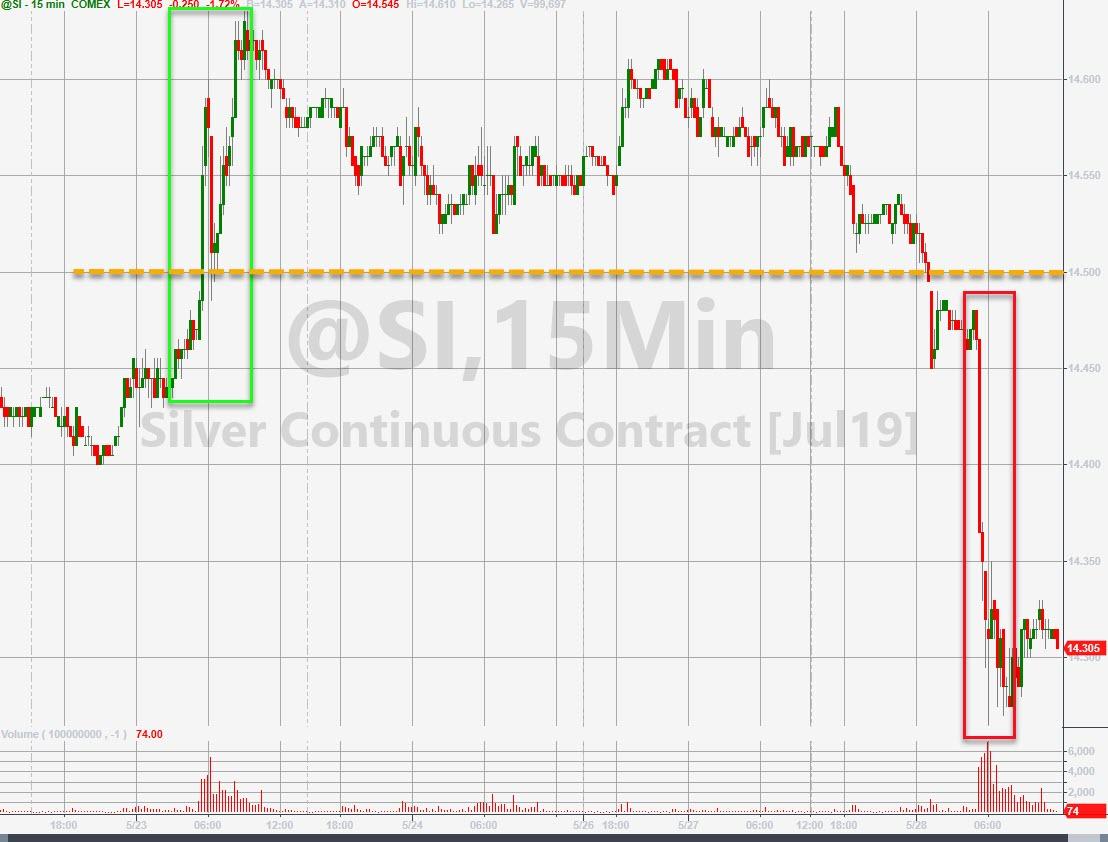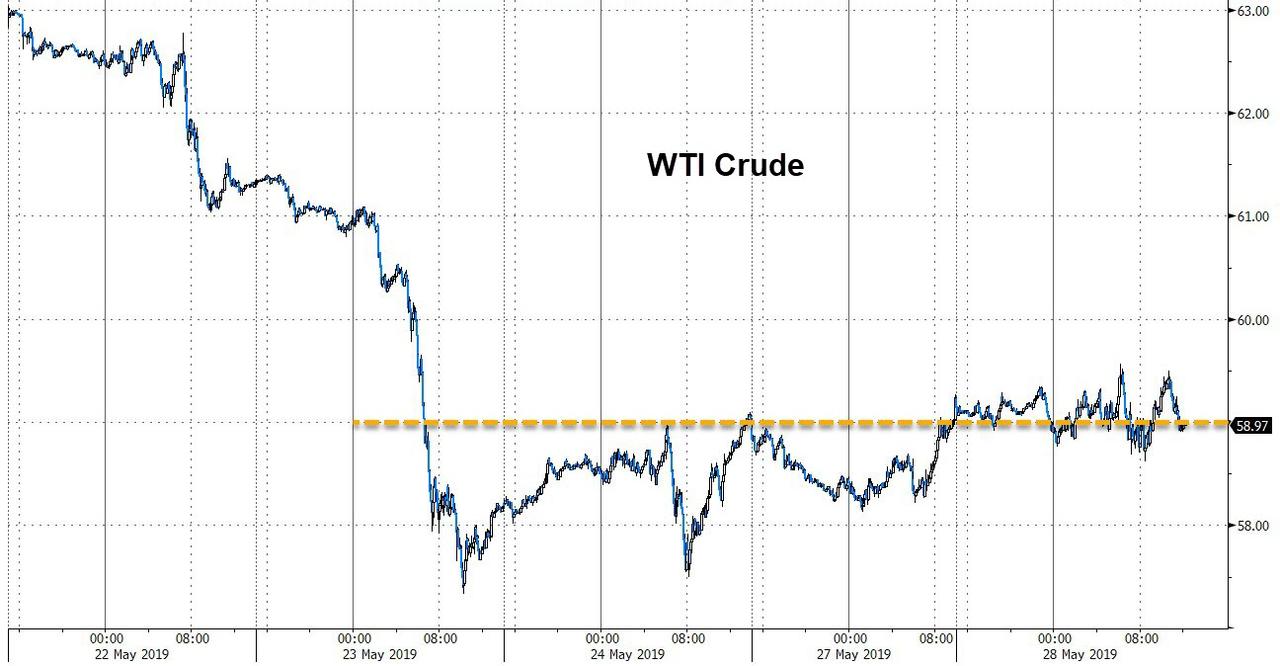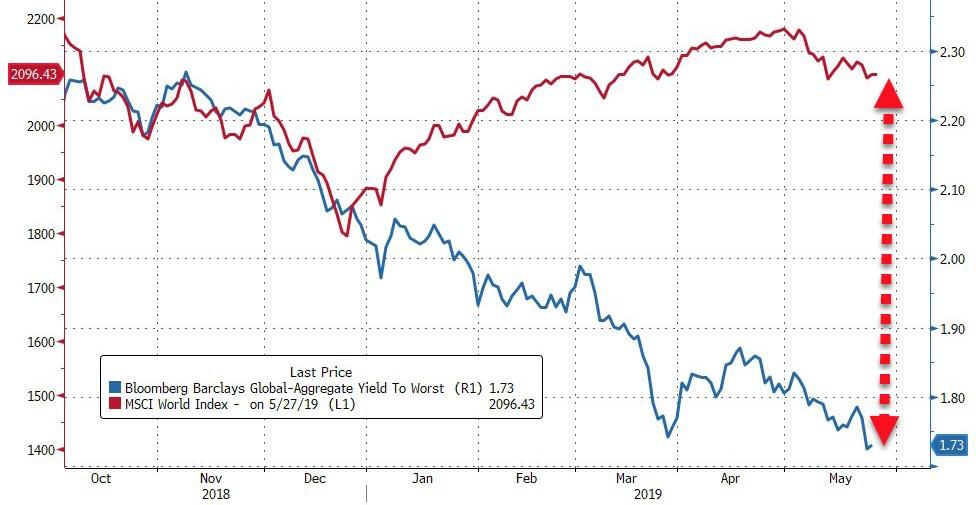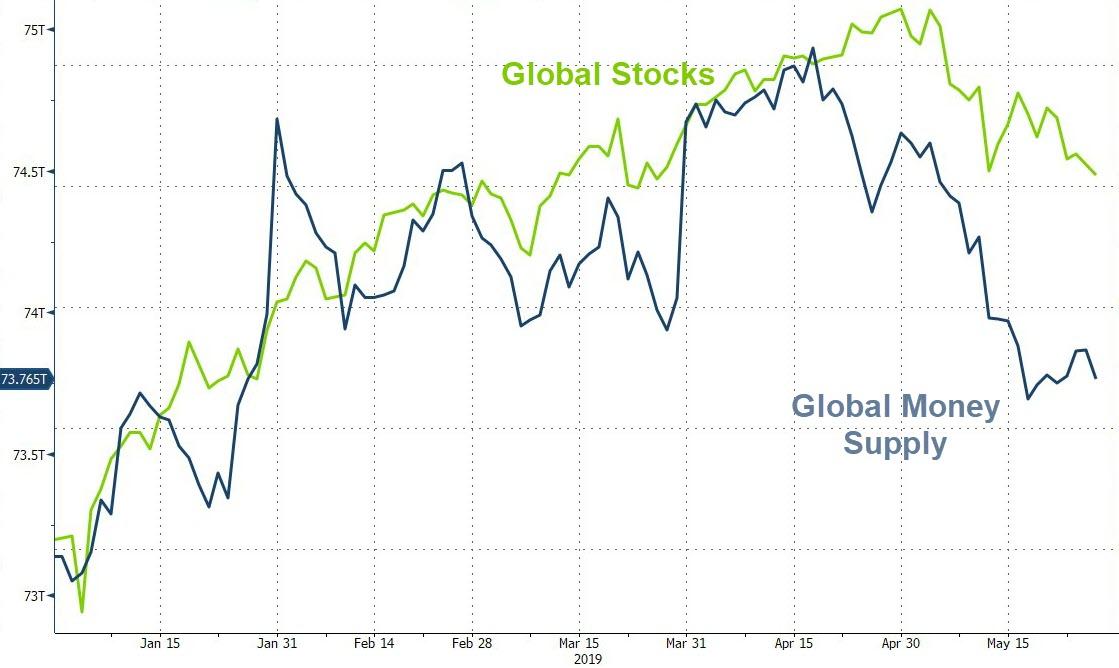China and Russia appear to be flexing their muscles in the Middle East, as both announced early this week they would boycott a major economic summit on Israel-Palestine peace sponsored by the United States set for late June in the Bahrain capital of Manama. The White House has touted that the US will unveil economic aspects of its long-awaited Middle East peace plan which aims to achieve economic prosperity for Palestinians, or Trump’s so-called “Deal of the Century”.
Crucially, the Chinese statement emphasized a bilateral Russian-Chinese agreement to boycott the talks. Chinese Ambassador to Palestine Guo Wei on Monday visited the West Bank city of Ramallah, where in a meeting he said, “Boycotting the Bahrain conference comes within the framework of a bilateral Russian-Chinese agreement not to participate in it.”

During the statements Wei emphasized Beijing’s position “in support of the Palestinian cause and people, including their right to self-determination and the establishment of an independent state of Palestine within the 1967 borders with East Jerusalem as its capital”.
At the same time Palestinian Authority President Mahmoud Abbas commented Monday, lashing out specifically at the White House-backed Bahrain conference for the first time. Abbas said:
Trump’s ‘deal of the century’ will go to hell, as will the economic workshop in Bahrain that the Americans intend to hold and present illusions.
It’s not only a big victory for the Palestinian side, given it’s rallied countries not to show up, but comes amidst the continuing proxy war in Syria where Russia is ramping up airstrikes in support of Damascus over Idlib, as well as the ongoing US-China trade war. However, as Axios notes the decision “is mainly driven by Russian and Chinese tensions with the U.S. rather than by Palestinian interests.”
The Palestine Liberation Organization (PLO), which is the largely secular backbone of the Palestinian National Authority headquartered in the West Bank, has said it wasn’t even notified of the Bahrain conference before it was announced.

And interestingly, it’s none other that President Trump’s own son-in-law and senior adviser Jared Kushner who will chair the summit. Al Jazeera reports:
Early last week, the US announced plans to hold a landmark conference in Manama, where Trump administration officials are expected to unveil economic aspects of the “Deal of the Century”, a US backchannel Palestine-Israel peace plan, the terms of which have yet to be made public.
The Manama meeting will reportedly be chaired by Jared Kushner, US President Donald Trump‘s senior adviser and son-in-law, and Jason Greenblatt, Trump’s Middle East envoy.
Last week, Palestinian Prime Minister Mohammad Shtayyeh slammed the planned meeting for neglecting the core issues of “final borders, the status of Jerusalem, or the fate of Palestinian refugees.”
“Any solution to the conflict in Palestine must be political… and based on ending the occupation,” he said. And separately, Axios reports that PLO secretary general Saeb Erekat was told by both Russian and Chinese foreign ministry officials that both countries “support the Palestinian position regarding the Bahrain conference and therefore will not attend it.”
The Palestinian Authority has boycotted any and all US peace talks following last year’s extremely controversial move to give formal US recognition of Jerusalem as the Israeli capital, further buttressed by the US moving its embassy there. Though a number of American gulf allies have predictably said they will attend, the absence of Russia and China is sure to doom any momentum or attempt at international consensus from the start.
via ZeroHedge News http://bit.ly/2X9GNhz Tyler Durden



